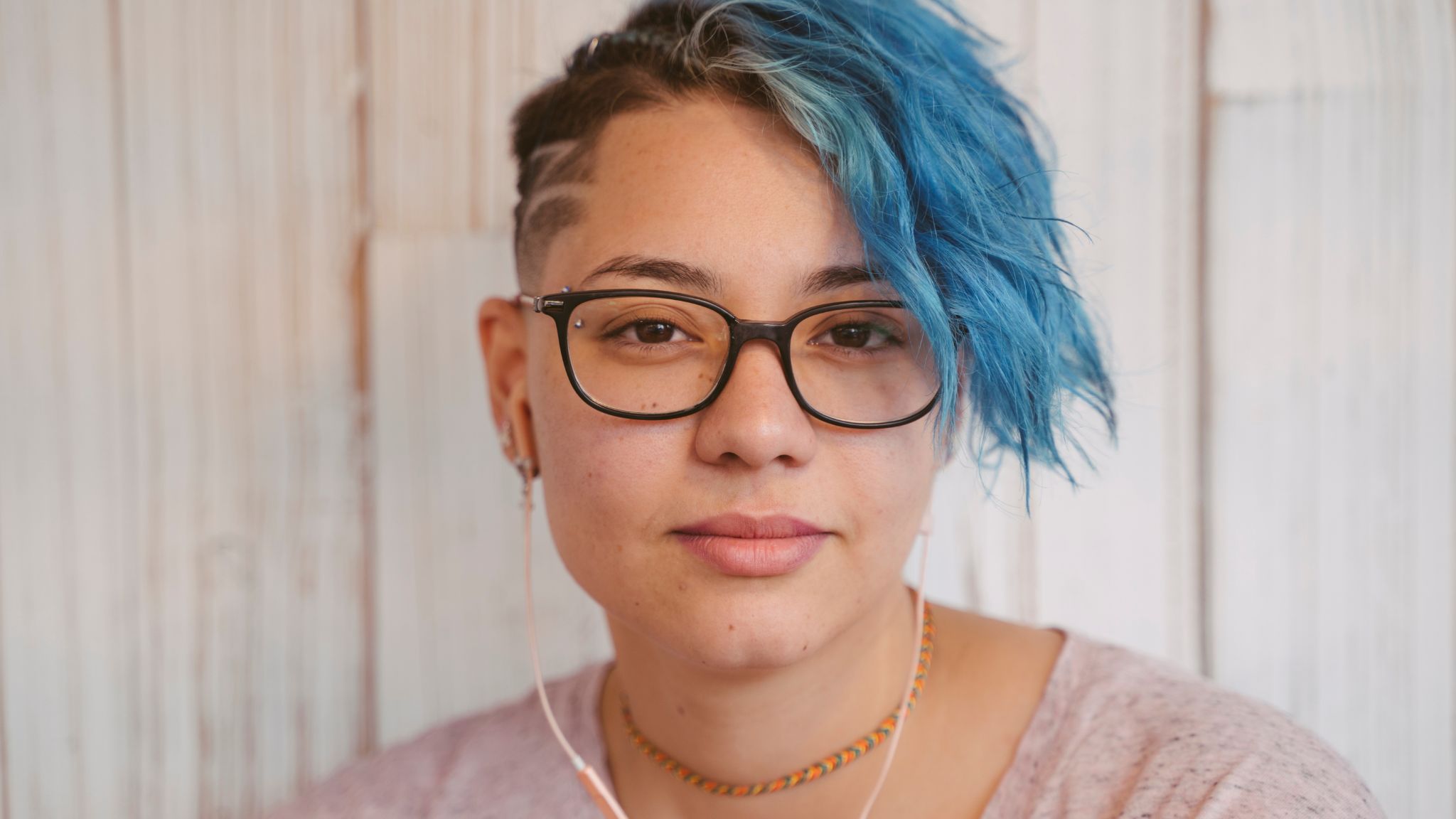
Sexual Orientation and Chronic Pain
Sexual orientation doesn’t directly cause chronic pain, but there might be connections between the two. Chronic pain can impact various aspects of life, including relationships and intimacy. Stress from navigating societal pressures or discrimination related to sexual orientation might contribute to increased levels of stress or anxiety, potentially exacerbating chronic pain conditions. It’s essential to consider the holistic impact of various factors on overall well-being and seek support from healthcare professionals who can address both physical and emotional aspects of chronic pain and its intersection with sexual orientation.
Research on the direct connection between sexual orientation and chronic pain is limited and complex due to the multifaceted nature of both topics. However, some studies suggest that individuals who identify as sexual minorities (such as lesbian, gay, bisexual, transgender, etc.) may experience higher levels of stress, discrimination, and minority stress related to their sexual orientation. This stress can potentially contribute to increased rates of chronic pain or worsen existing pain conditions.
Minority stress refers to the unique stressors faced by individuals from marginalized groups due to societal prejudice, discrimination, and stigma. Stress can have physical effects on the body, impacting overall health and potentially contributing to conditions like chronic pain.
Moreover, social support and acceptance are crucial for overall well-being. For individuals who may face rejection or lack of support due to their sexual orientation, the resulting social isolation or lack of support networks might impact their experience of chronic pain.
It’s important to note that the relationship between sexual orientation and chronic pain is not fully understood and can vary widely among individuals. Factors such as access to healthcare, socioeconomic status, and other personal circumstances also play a role.
Overall, while there might be connections between sexual orientation and chronic pain, further research is needed to better understand the specific mechanisms and impacts of these relationships. Seeking support from healthcare professionals who are sensitive to these factors can be beneficial in managing both chronic pain and the unique stressors related to sexual orientation.